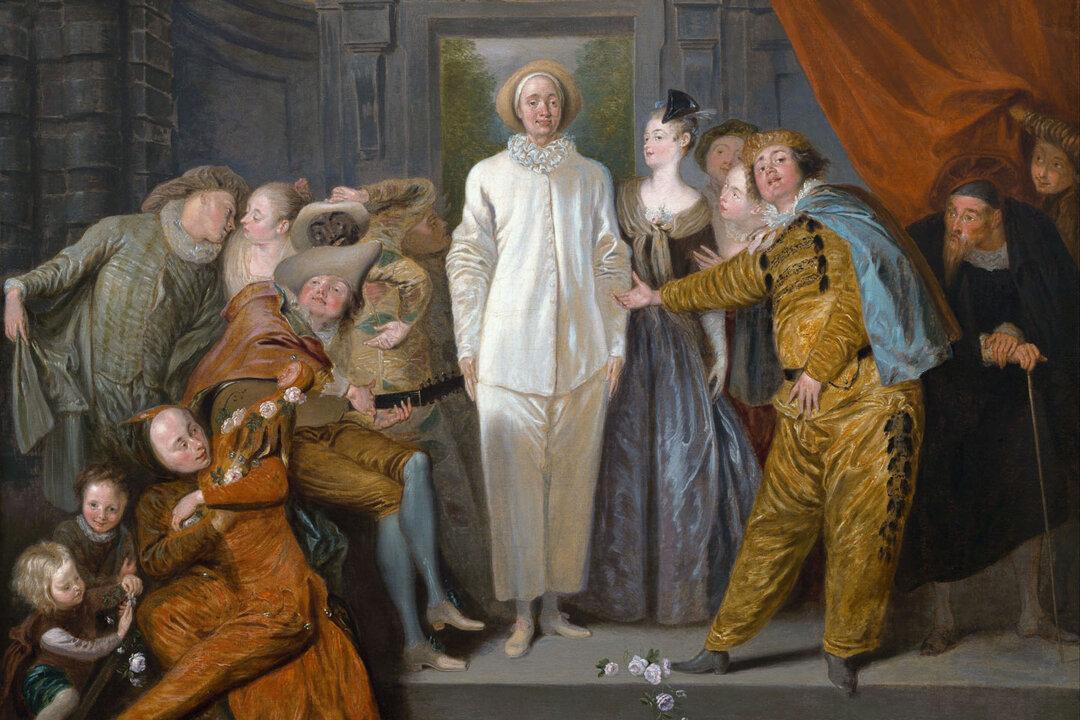Scheduled for publication in another 15 years or so, the next edition of the Oxford English Dictionary will contain over 600 definitions of the word “run.” To some of us, that figure seems impossible. We run in a footrace, yes, and we also “run to the store” while driving our car, a candidate “runs” for governor, Sally’s nose is “running,” and Wolftrap Run in Virginia is a stream. But hundreds of definitions?
To the consternation of those trying to learn English and to the delight of native speakers, many words in our eccentric tongue have multiple meanings. “Wit” is just one member of this boisterous crowd.






